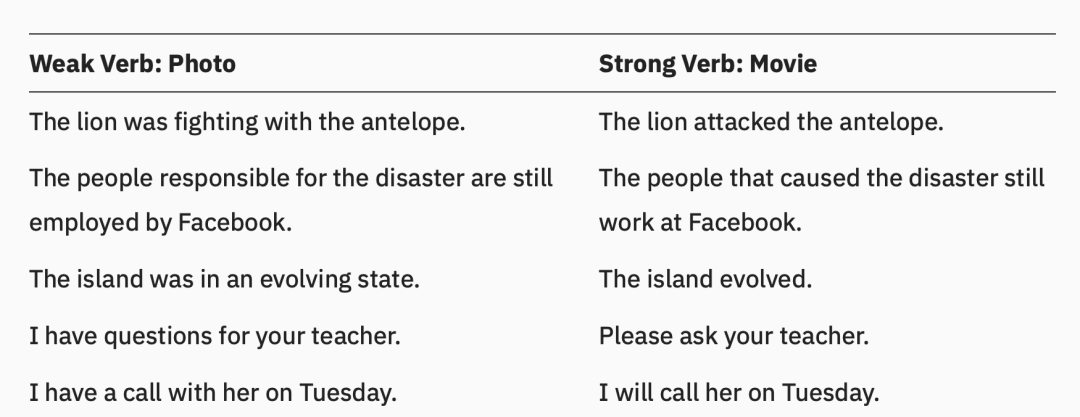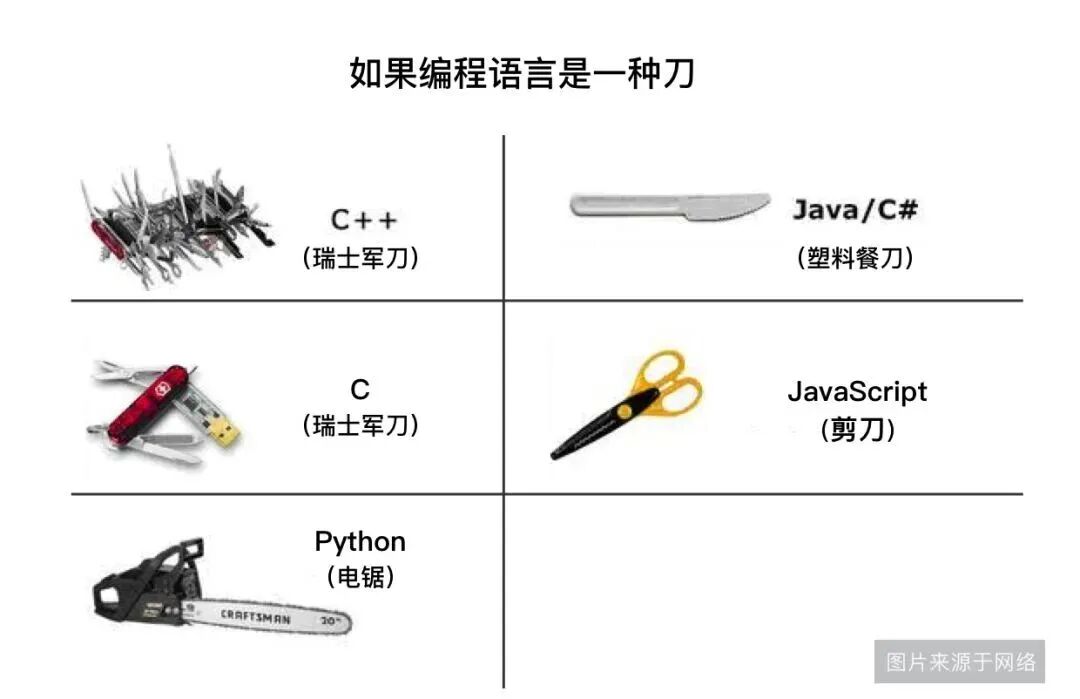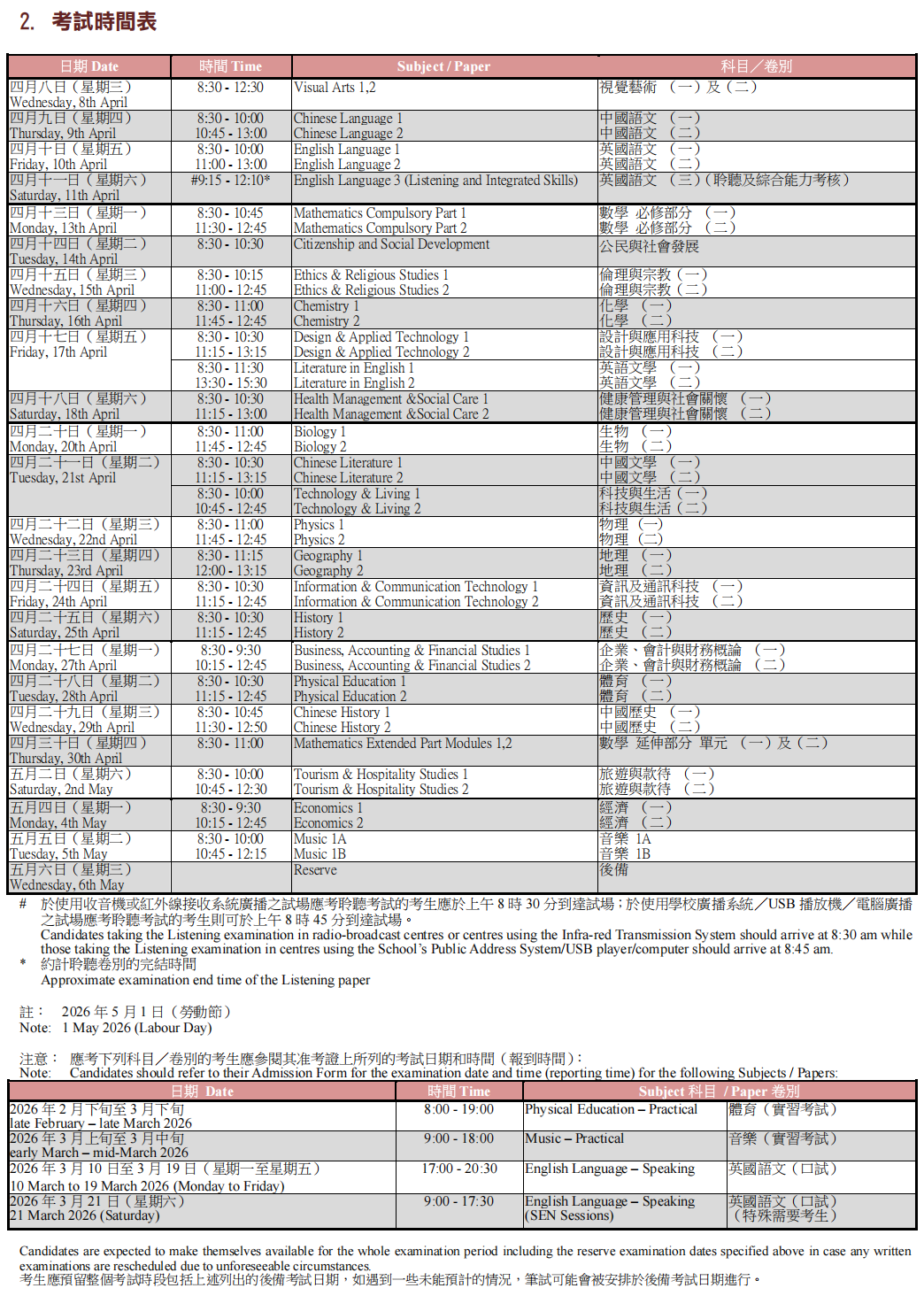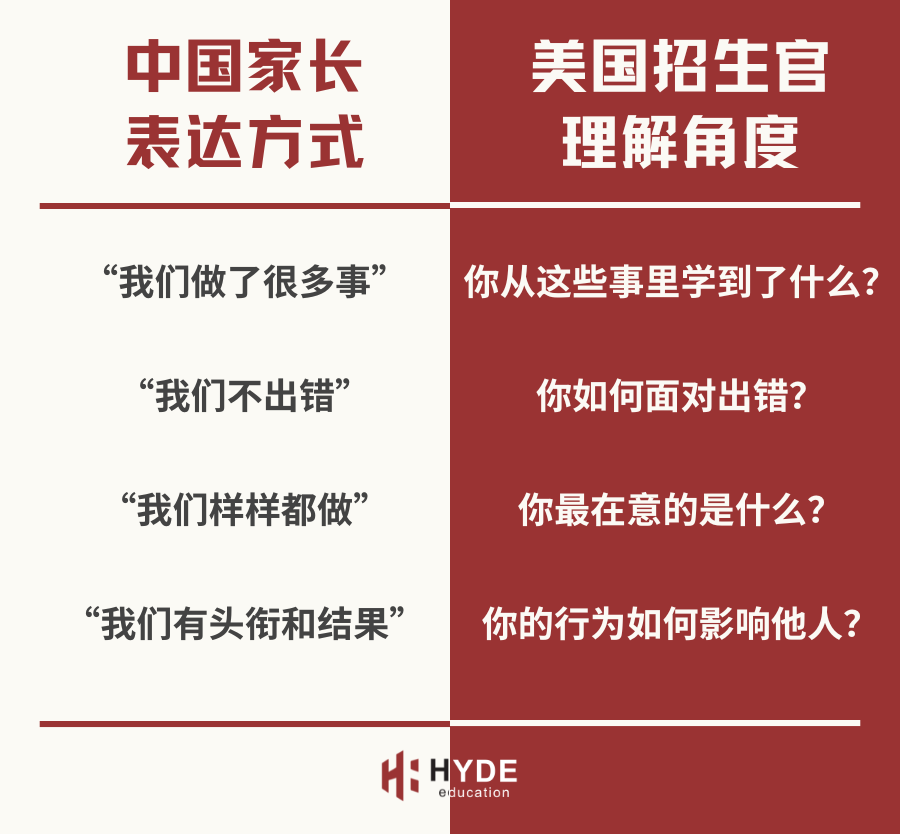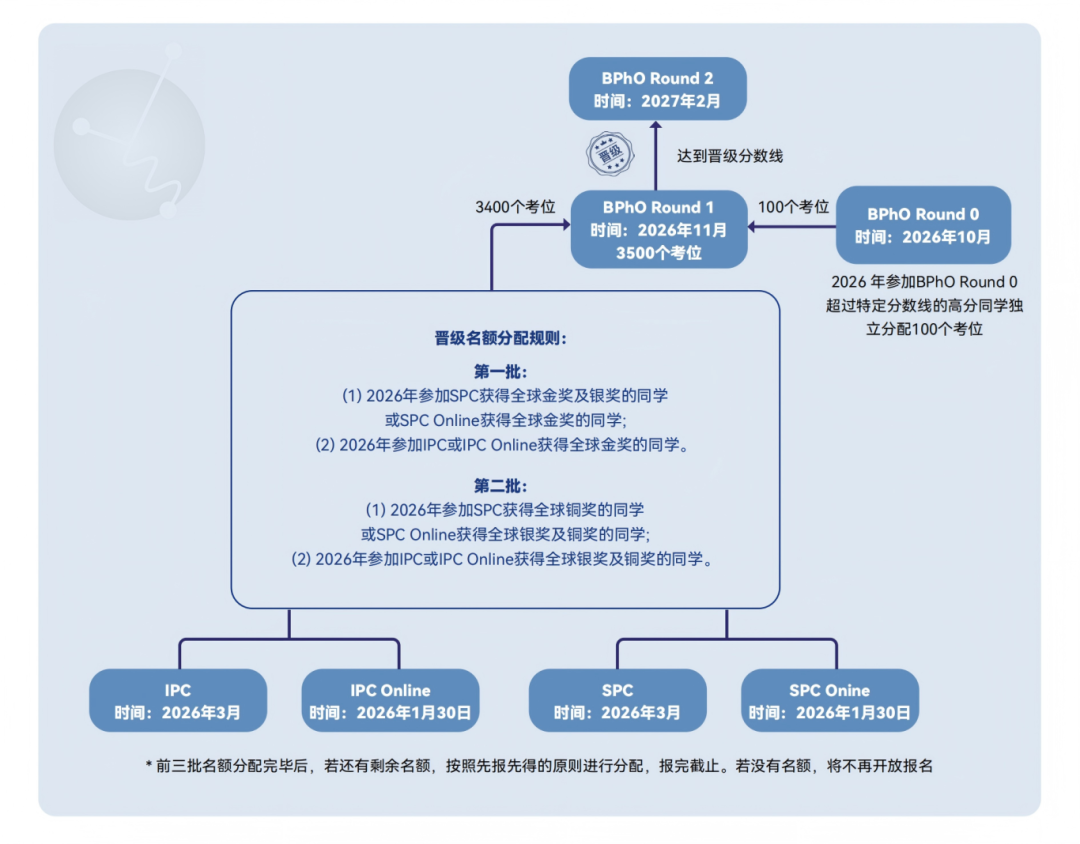以下的观点更关注的是“好不好”的问题。
所以如果目前写文字还处于“对不对”状态的同学可以先不用太关注。
换句话说,我们先把东西写出来,写对了,然后再考虑以下的几个建议。
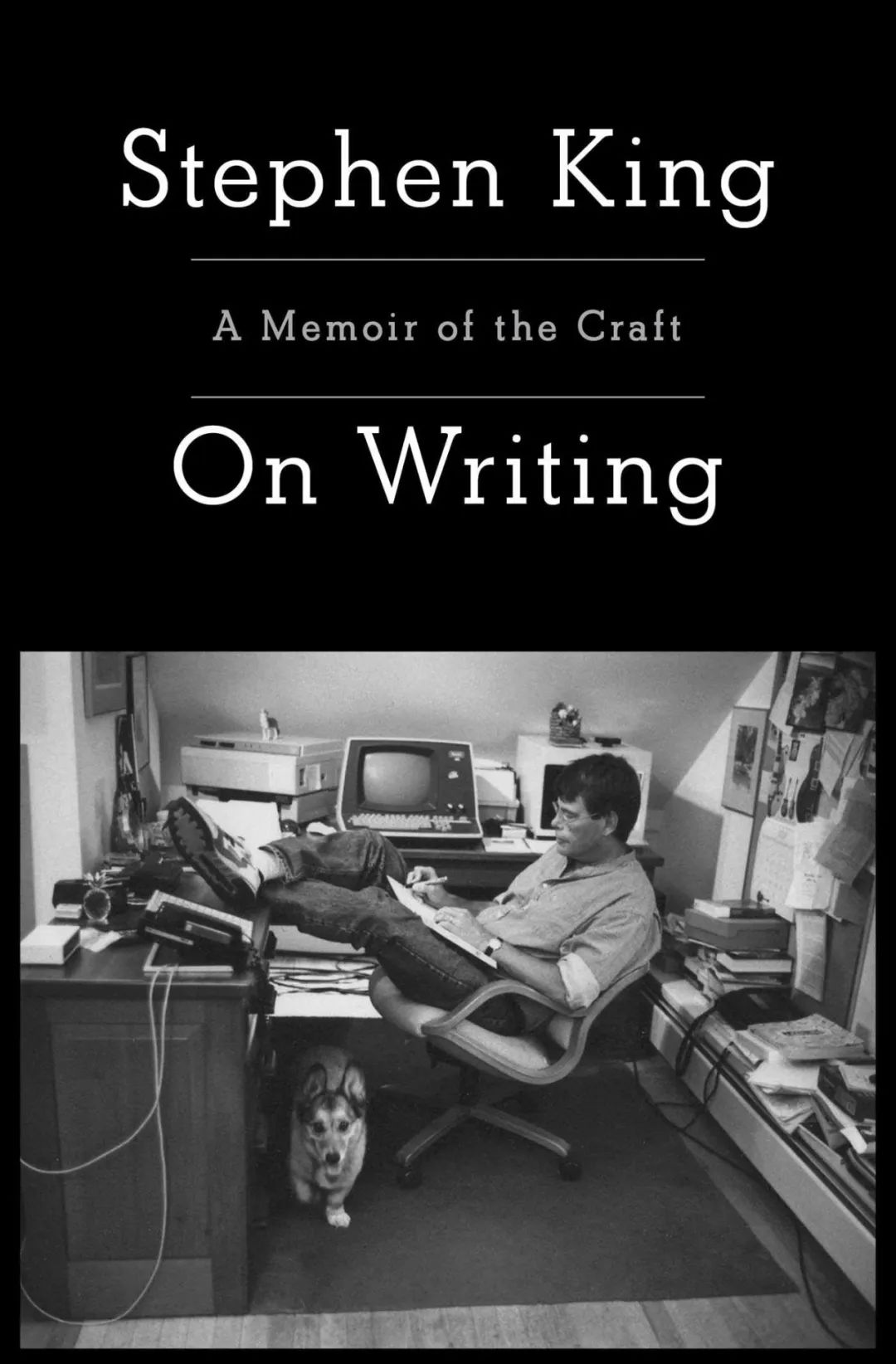
斯蒂芬·埃德温·金(Stephen Edwin King,1947年9月21日—),美国作家,编写过剧本、专栏评论,曾担任电影导演、制片人以及演员。 代表作品有《闪灵》、《肖申克的救赎》、《末日逼近》、《死光》、《绿里奇迹》、《暗夜无星》等。
# “The adverb is not your friend” 慎用副词
If you care about writing, you need to treat adverbs like monsters. When it comes to monsters and writing Stephen King has the best tips:
Adverbs, you will remember from your own version of Business English, are words that modify verbs, adjectives, or other adverbs. They’re the ones that usually end in -ly. Adverbs, like the passive voice, seem to have been created with the timid writer in mind. With the passive voice, the writer usually expresses fear of not being taken seriously; it is the voice of little boys wearing shoe polish mustaches and little girls clumping around in Mommy’s high heels.
With adverbs, the writer usually tells us he or she is afraid he/she isn’t expressing himself/herself clearly, that he or she is not getting the point or the picture across.
Kill the adverb monsters. Then kill the adjective monsters.
# “Write with nouns and verbs, not with adjectives and adverbs.” 多用名词和动词,少用修饰
Loved by the amateur, hated by the experienced writer, and handled with delicacy by the pro, the adjective is one of the cheapest and at the same time most expensive stylistic element in writing. Handled with mastery it will make your writing shine and make it classy. Thrown there without care can cost you dearly.
“Write with nouns and verbs, not with adjectives and adverbs. The adjective hasn’t been built that can pull a weak or inaccurate noun out of a tight place. This is not to disparage adjectives and adverbs; they are indispensable parts of speech.” –Strunk & White
If you care about grammar you will notice that writers and writing teachers diss adjectives and adverbs with adjectives and adverbs:
“Adjectives are frequently the greatest enemy of the substantive.” – Voltaire
“Use no superfluous word, no adjective, which does not reveal something.” – Ezra Pound
“[Whoever writes in English] is struggling against vagueness, against obscurity, against the lure of the decorative adjective.” – George Orwell
“[I was taught] to distrust adjectives as I would later learn to distrust certain people in certain situations.” – Ernest Hemingway
“The adjective is the banana peel of the parts of speech.” – Clifton Paul Fadiman
“[The adjective] is the one part of speech first seized upon and worked to death by novices and inferior writers.” – J.I. Rodale
“When you catch an adjective, kill it. No, I don’t mean utterly, but kill most of them — then the rest will be valuable. They weaken when close together. They give strength when they are wide apart.” – Mark Twain
“Most adjectives are also unnecessary. Like adverbs, they are sprinkled into sentences by writers who don’t stop to think that the concept is already in the noun.” – William Zissner
If you go through the above examples you will see that the adverbs and adjectives used by masters carry meaning. What they oppose is adjectives that bloat. Strunk and White do not oppose a grammatical category, they oppose unnecessary words. There are three solid reasons to delete adjectives:
1. Write only when you have something to say, do not inflate the void with plastic flowers
2. Do not tell the reader how to feel, make them feel it themselves
3. Set every word with both purpose and emotion
And this leads to an often misunderstood rule. Reading handbooks about writing you will often encounter the rule that you should avoid repetition, especially when it comes to nouns.
# Repeat Nouns Consciously 忌无意识的重复
Letters repeat, words repeat. When we speak we use identical words over and over. And there is nothing wrong with that. In contrary. Avoiding repetition at all cost will destroy your voice and turn writing into a gauntlet. Using the right word depends on whether
1. you know what you are doing and
2. you feel what you are doing
3. you mean what you say
Repetition strengthens the structure if it is constructed consciously and with emotion. It can be applied as a rhetorical device. But in the same way, fear will hide our mistakes from our eyes and hearts, unwanted repetition will slip past the cracks and turn your text into a word mill. Nouns are the subject and object of your speech. If you speak or write coherently, you are forced to use and reuse the same nouns and names. Highlighting your nouns will help you canning the text for its nominal structure and find unwanted repetition. Unwanted repetition creates unwanted coherence. Which leads us to the last but not least part of speech…
# Using the Strong verb 强动词比弱动词好
The verb to be is weak because it only conveys existence it does not show movement. Weak verbs indicate passive voice and nominal style. Avoid them all. Weak verbs are lame take the dynamic out of freeze the sentence. They lead to paint a static image dominated by nouns, “has” and “is”. “Use strong verbs, avoid weak verbs” is easier said than done. In practice, you will often end up rethinking the phrase and find a way to describe your thought through movements rather than describing a photograph.
